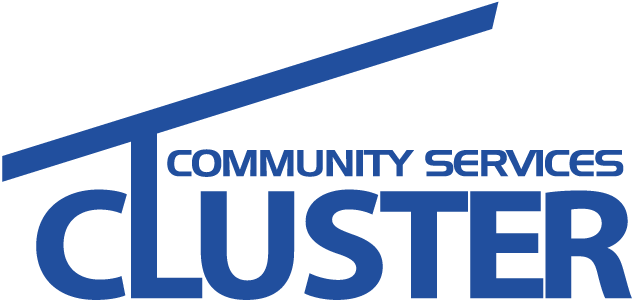Where will my mediation take place?
We have office locations in Spring Valley, and Yonkers. We can sometimes arrange to do a mediation in a remote location if it is difficult for the parties to reach one of our offices. Click here for directions to one of our locations.
What does it cost?
Services of the Westchester and Rockland Mediation Center are provided either free of charge or based on a sliding scale. Donations are always welcomed, as we are a 501(c)3 non-profit organization.
There are costs associated with Surrogate’s Court mediation which are established by the Court’s ADR Program Rules. Parties experiencing financial hardship can request consideration for a reduction of the fee.
Do I need an attorney?
That depends. You are free to consult with an attorney before mediation, bring an attorney with you to mediation, or have an attorney review a mediated agreement before you sign it. For certain caseloads, such as Divorce Mediation, we strongly suggest you consult with an attorney before signing any agreement.
Can I bring a support person?
Generally, the answer is yes. However, because mediation is a voluntary process honoring party choice, everyone will have to be in agreement as to who attends.
How do I get started?
Simply call (914) 963-6500 (In Westchester) or (914) 640-9572 (In Rockland) and speak with one of our Intake Coordinators who can discuss your complaint and company procedures. If you would like to refer someone you know to mediation, you may call our Intake Coordinators for more information.
What do I need to do to prepare?
It might be useful to bring a list of the issues you would like to discuss, and think about what you’d like to get out of the mediation process. Be prepared to speak your concerns, listen to the mediator/s and the other party, weigh your options, consider new ideas, and make careful decisions.
What if I am an attorney or support person attending the mediation?
We welcome your support! Speak with your friend/client before the session about what they would like to accomplish in mediation, what they think is important to say, and what they want to make sure does not result from mediation. Then encourage them to speak up for themselves. Mediation is most successful (and agreements most sustainable) when parties communicate directly.
What happens with the agreement, if we reach one?
If you’d like the mediators can write up what you’ve agreed to, for the parties to sign. If you have been referred by a Judge from a local court, your agreement will be sent to the court for their records. In most cases this agreement becomes a court order and has the same enforceability as a Judge’s decision. Some courts require that you return to court to review the agreement, others do not. If you have not been referred by a court, you can keep the agreement as a record between you, or discuss with your mediators or Intake Coordinators what your other options might be. Your agreement still may be enforceable in court.

